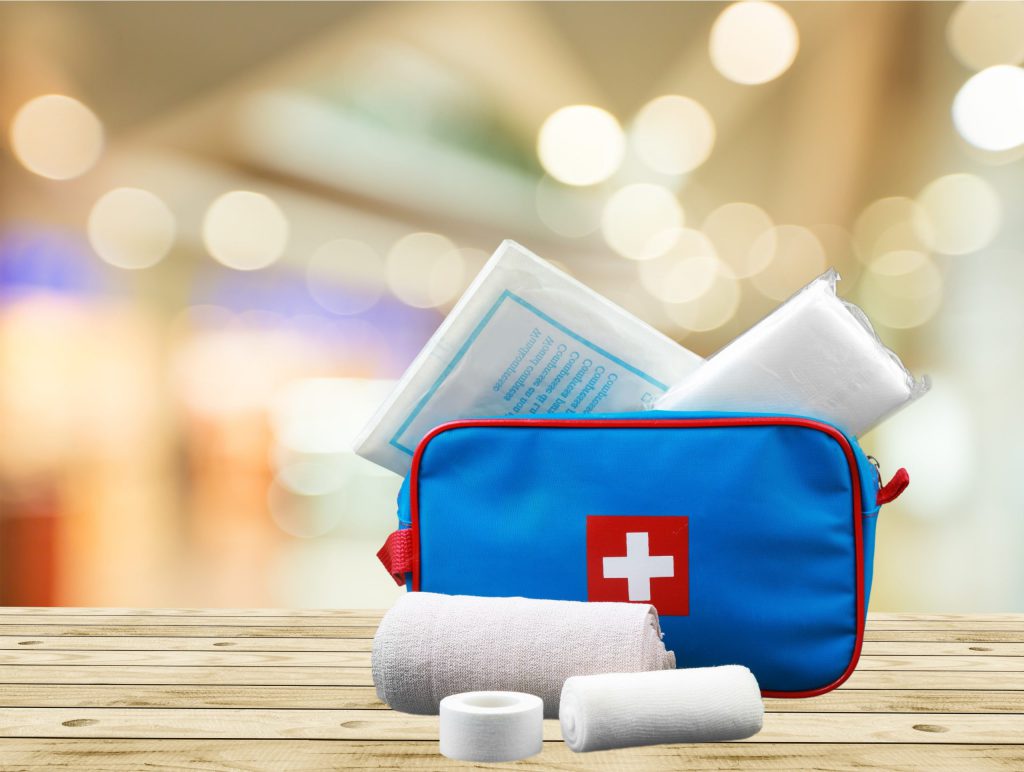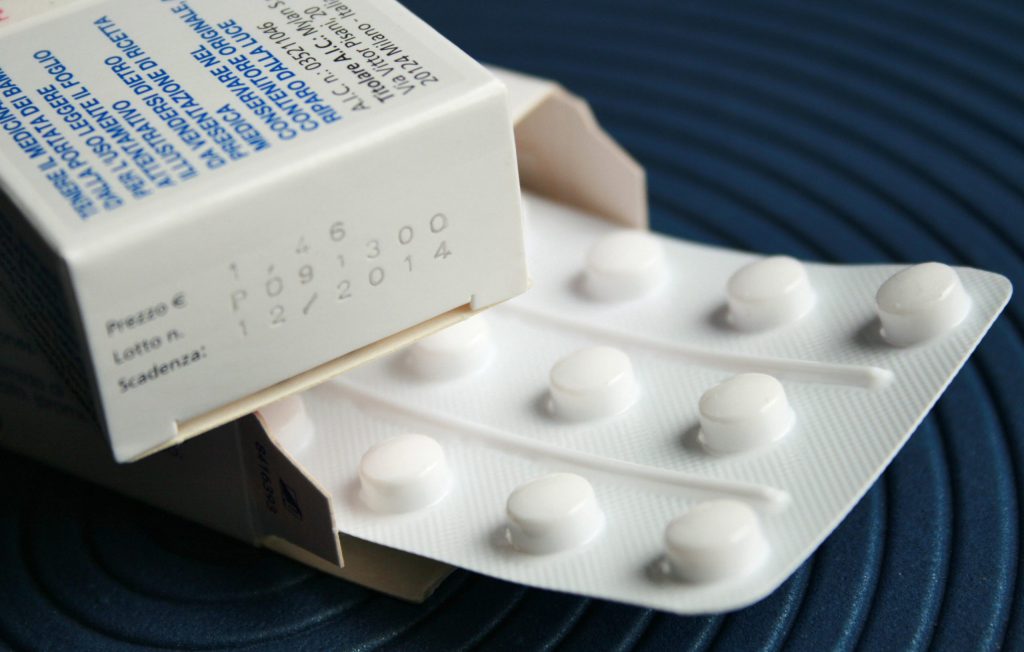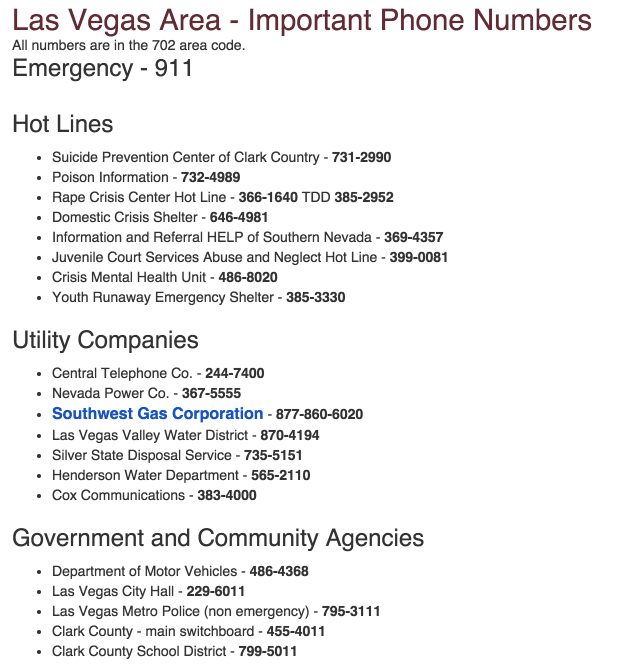First Aid kit? If there’s one thing certain about accidents, it’s that they happen when they’re least expected. And if you want to avoid the repercussions of being caught unprepared, the new year is a great time to assess your family’s first aid supplies as well as your overall emergency readiness.
An unexpected medical issue could be both devastating to your family as well as present a difficult financial burden. Here are a few things you can do to help your family prepare for medical emergencies:

Give your first aid kit a refresh:
If your family is like most, you’ve likely got a first aid kit (or two or four) lying around the house somewhere – or buried in a dusty cupboard. But do you actually know what’s in that first aid kit? Probably not. But always make sure to keep your first aid kit in a safe place.
Now is the time to assess the contents and make sure you have everything you need – not to mention confirm everything in it is in good working order (believe it or not, even adhesive bandages lose their “stickiness” after several years). If you’re not sure what should go in your kit, the CDC has provided a list of necessities, including:
- Latex or sterile gloves
- Sterile dressings for bleeding
- Cleansing agents, like antibiotic towelettes
- Antibiotic ointments
- Burn ointment
- Adhesive bandages
- Eye wash solution
- Thermometer
- Prescription medications you or your family members need regularly
- Prescribed medical supplies, like glucose monitoring equipment
- Petroleum jelly
- Over-the-counter medications like pain relievers
- Flashlights
- Batter-powered radio with extra batteries
- Dust masks and work gloves
- Plastic garbage bags and ties
Update medications regularly.
If you’ve already got a first aid kit compiled, that’s great! But regularly assessing and updating its contents is super important if you want to be prepared for a possible medical emergency.
Especially important is paying close attention to expiration dates on medications, especially those your family members need on a regular basis, like insulin, asthma inhalers or blood pressure medication.
Over-the-counter medications and topical medications also expire, so be sure to check dates and replace any expired meds on a regular basis.

Get your numbers in order.
When it comes to preparing your family for medical emergencies, the numbers are important. Keep a list of emergency medical phone numbers in a conspicuous place in your home – like posted next to the phone (if you still have one of those old-fashioned home phones) or on the refrigerator or back of a cabinet door.

Include the local poison control number, your family doctor and any specialists whose help you may need at any point. A family friend who can come to watch children or offer assistance is also good to list. Of course, all members of your family should be able to call 911 for an ambulance when necessary.
Keep your documents handy.
Having the right health insurance policy is obviously crucial when you face a medical emergency. It’s also important to ensure you have your health insurance cards and prescription cards handy whenever they’re needed.
While no emergency room can turn you away for not having your health coverage documentation on hand, it can save you from ironing out future problems by carrying it with you.
Its also a good idea to go over your health coverage to make sure you know what to expect if a medical issue arises. Your plan details will tell you all about your copays, deductibles, coinsurance and out-of-pocket maximums to help you plan ahead.
A new year is a great time to make sure you and your family are ready for whatever happens in the future; prepping today will hopefully save you some trouble in the future.
Need help planning your healthcare? We’ve got you covered. Come see us today.








